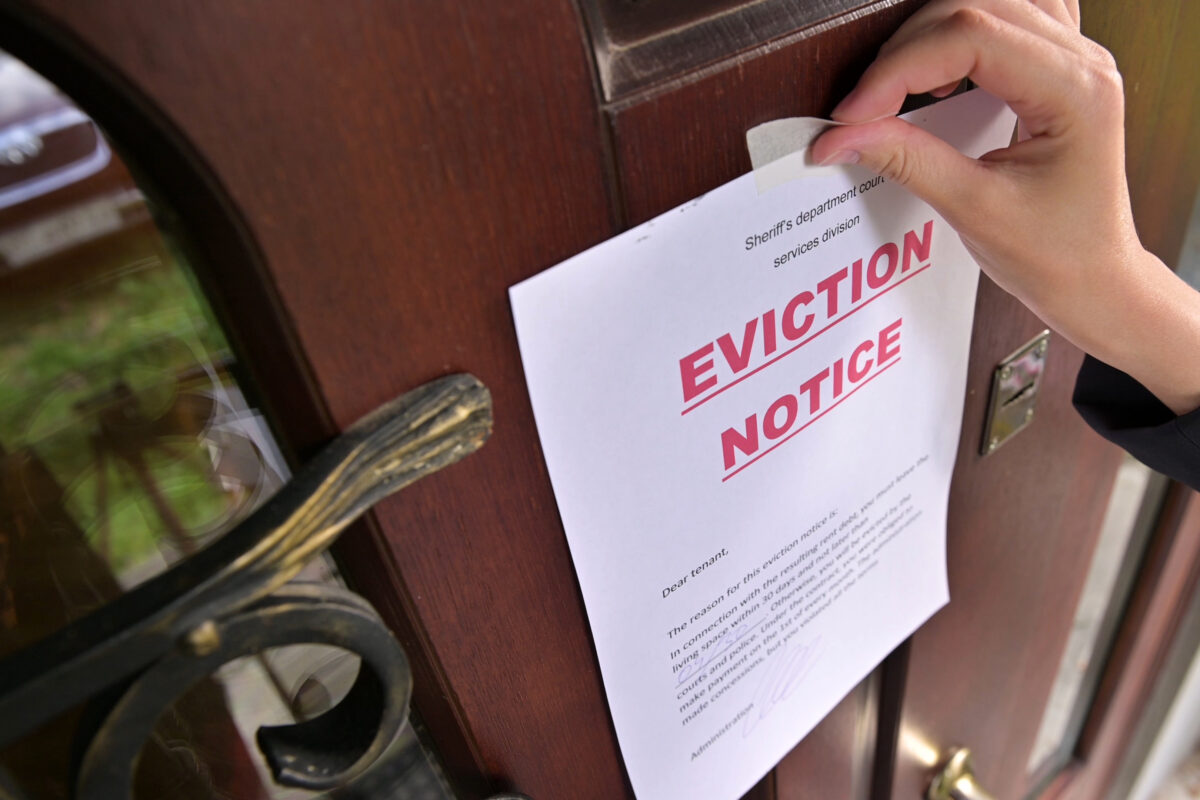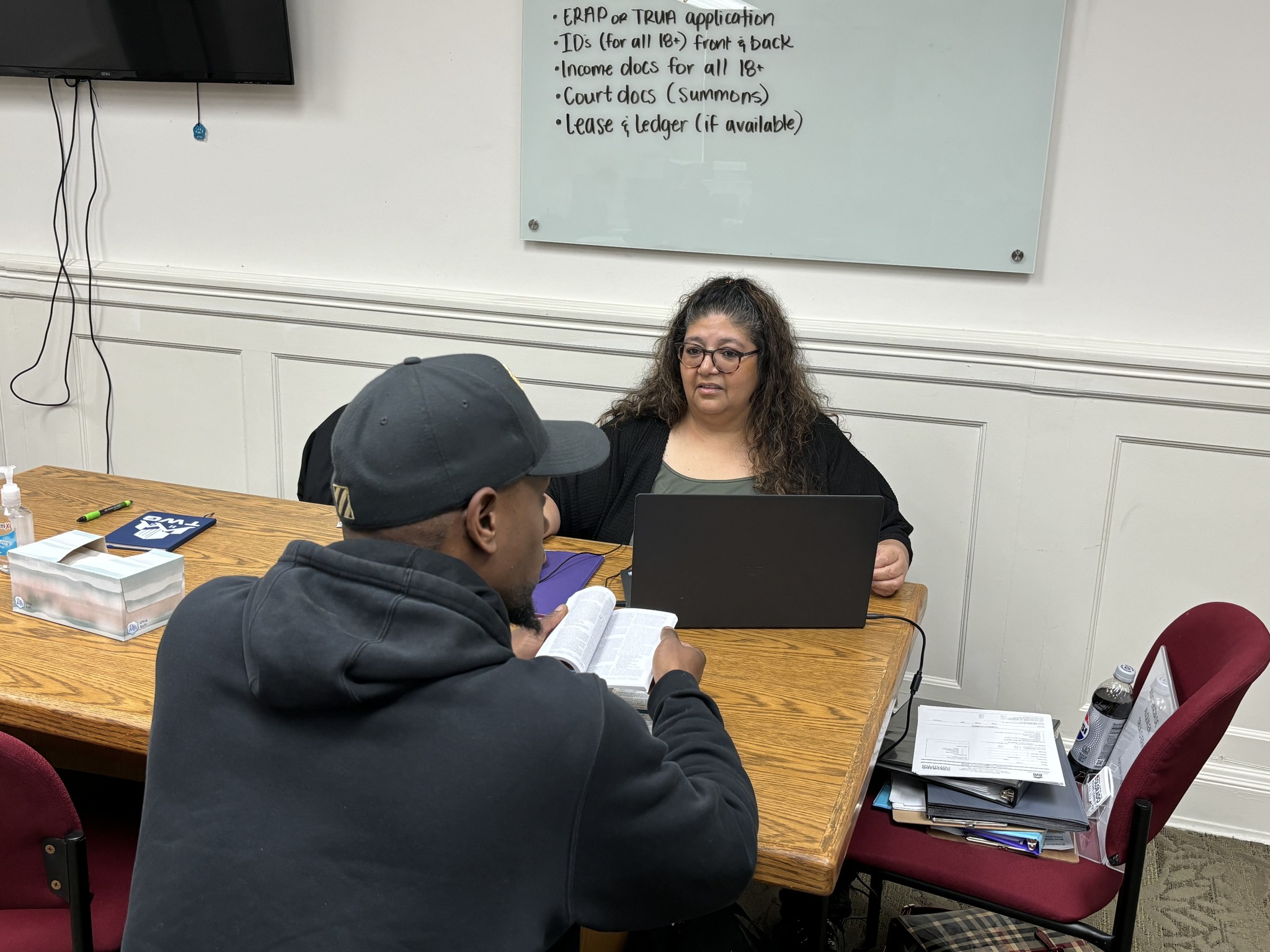
As we journey through 2024, the challenges facing renters in Colorado persist. In Denver, eviction filings continue to rise, adding to the strain on those relying on rental assistance. The impending conclusion of the Temporary Rental Assistance Grant in June also exacerbates the situation.
April witnessed a staggering 1,669 eviction filings, marking a 61% increase from the same month in 2023 and a 30% surge year-to-date compared to last year’s unprecedented highs. These figures paint a stark reality for Colorado families, grappling with soaring rents amidst stagnant wages.
Behind these alarming statistics are real people — Colorado families who are struggling to stay in their homes. To make sense of the state’s eviction challenges, Colorado Housing Connects (1-844-926-6632) Program Director Patrick Noonan gives a voice to those on the front lines of the housing crisis in this Q&A.
Read on to learn more about what Colorado Housing Connects is seeing in today’s rental market.
What are the biggest changes you’ve observed in the Colorado rental landscape this year?
In response to the pandemic, the federal government provided significant funding to create a safety net for Coloradans facing housing instability. As the federally funded pandemic relief programs have faded away, the State of Colorado and City and County of Denver stepped up with historic funding in 2024 to blunt mass evictions in the face of deep-rooted economic challenges that low- and moderate-income families continue to face. Sadly, even though Colorado and Denver have stepped up in this critical way, eviction filings repeatedly surpass last year’s record setting rates.
Since demand for help has only increased, rental assistance programs have had to triage volume and set more restrictions on applications. This includes prioritizing or requiring a court summons as well as restricting applications to a lottery-based system. While efforts to fund this crucial safety net are commendable, far too many families are still facing displacement due to eviction.
What seems to be the most pressing concerns or pain points currently facing renters in the state?
A few factors are converging at once to drive Colorado’s housing affordability crisis. Since the Great Recession, Colorado hasn’t built enough housing to keep up with the state’s needs. In the last nine years, the average rent rate in the Denver metro area has jumped 56% or about 6% per year. Low to moderate income families haven’t seen their wages
increase proportionally during that same period. They’ve also been burdened with higher prices due to inflationary pressures since the pandemic.
When you take high housing costs and combine them with the price of other necessities rising dramatically where wages haven’t kept up, you’ve got a perfect storm. The most pressing concern for renters in the state is a simultaneous lack of housing affordability and intense pressure on families’ budgets.
How are the current rental conditions impacting where Colorado renters choose to live, or their ability to find housing at all?
Unfortunately, we’re seeing too many families pushed to the margins due to Colorado’s cost of living. That could be parents and children sleeping in cars, people moving away from their communities and support networks, or people moving out of Colorado all together. Fortunately, there are more and more affordable housing units coming online each week and creative programs like home sharing that take advantage of existing housing stock to provide relief for cost burdened Coloradans.
Recent numbers from the Apartment Association of Metro Denver show that rent prices are remaining flat. What does this mean for renters? Are they feeling any relief in their housing costs?
We’re excited to see rents plateau in the first quarter of 2024. It will help ease the pain for renters that have experienced year over year rent increases. For far too many families, there isn’t enough breathing room after about a decade of rent jumps where their wages haven’t kept up.
What are your most significant concerns about the future of the rental market in Colorado?
The most concerning element of Colorado’s rental market is the wind down of the state’s Temporary Rental Assistance Grant Program.
Legislators allocated $30M of rent relief for struggling households to be spent during the first half of the year. So far, we’ve seen 2024 eviction filings surpass 2023’s record rates even with this significant assistance in place. What will happen when that funding dries up? Even if there is additional support through more rental assistance funding, will it be enough to drive eviction filings down? What is in store for Colorado’s most vulnerable households later this year when key safety net programs contract or evaporate?













